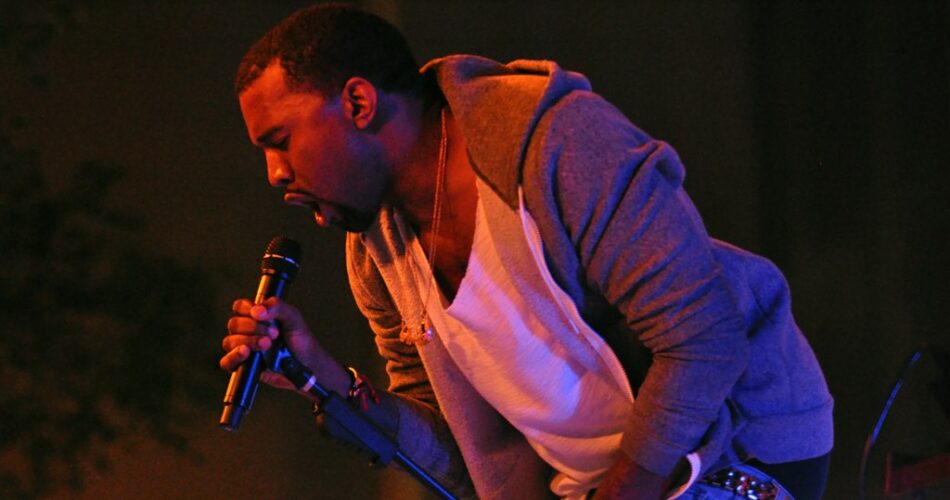He should be ready for the backlash.
Rapper Kanye West, now preferring to be called Ye, sparked controversy with his latest album “Vultures 1,” released on February 10 in collaboration with Ty Dolla $ign. The album, known for its profanity-laden content, particularly stirred outrage due to West’s assertion of being “the new Jesus” in one of the tracks titled “Carnival.” Throughout the song, West includes explicit references to sexual violence and uses the names of individuals like R. Kelly, Bill Cosby, and Puff Daddy, who have faced allegations of sexual misconduct.
His comparison of himself to Jesus drew criticism from Christian circles on social media, with some expressing disappointment at the rapper’s choice of words. Despite claiming to have embraced Christianity in recent years and hosting “Sunday Services,” West’s controversial statements and actions, including anti-Semitic remarks, have often overshadowed his religious affiliations.
In addition to his musical endeavors, West garnered attention for a lower-budgeted Super Bowl commercial promoting his Yeezy fashion line, which he humorously acknowledged for its cost-saving measures. However, his past remarks prompted calls for advertisers to boycott him, leading West to issue an apology to the Jewish community in December preceding the album release.
West’s tendency to liken himself to biblical figures or historical icons isn’t new, as evidenced by his comparison to Moses in a 2022 Instagram post. The post, cryptic in nature, led to speculation among fans about its connection to West’s initiatives, such as the establishment of Donda Academy, a Christian school in Southern California.
Despite his artistic prowess and cultural influence, West’s propensity for controversy continues to fuel debate and criticism, underscoring the complexities of separating the artist from his actions and beliefs.
